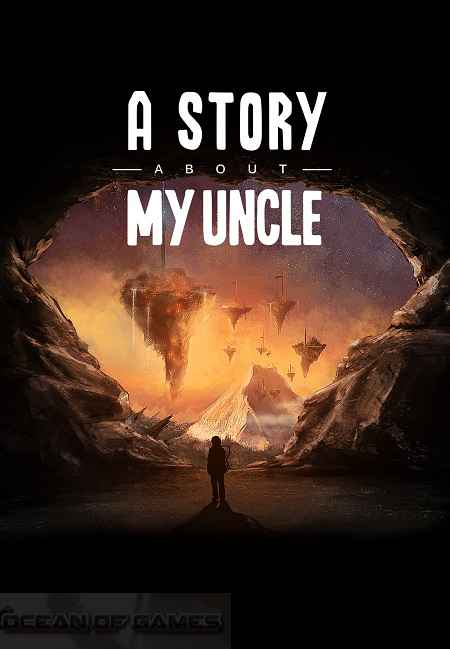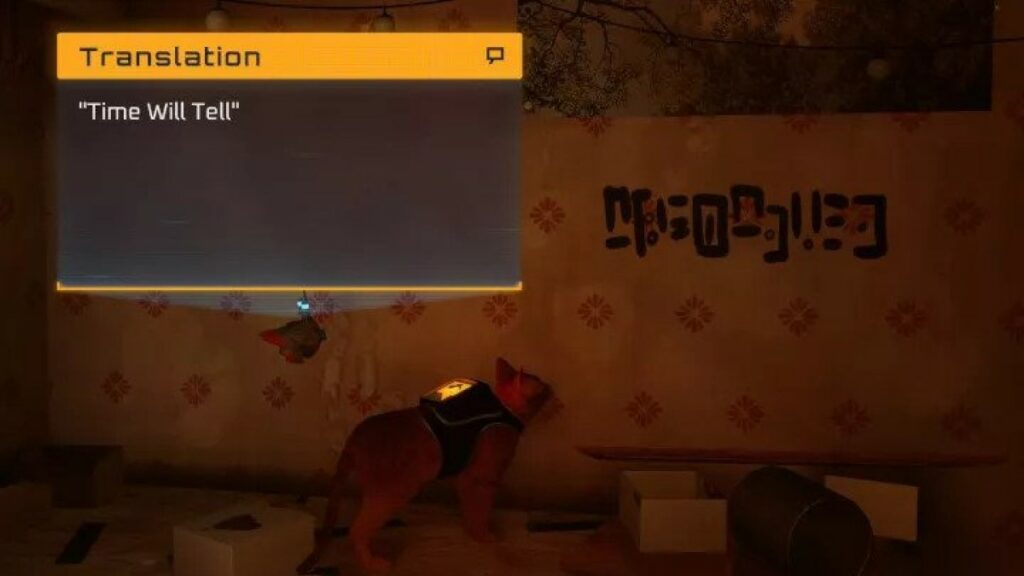

“There is never a guarantee,” Wurie-Sesay said, “that we will have the blood to save a life.”ĭumbuya, who was born in Kono, worked previously as a nurse midwife in London, where she witnessed one pregnant woman die over two decades.

Physicians in Sierra Leone advise women to find their own emergency supply during their third trimester.
A story about my uncle stray language free#
“And there are times when the only free thing I can offer a patient is a consultation.”īlood is a special challenge. There are lucky months,” said Frances Wurie-Sesay, an obstetrician at the King Harmon Maternity and Child Health Hospital in the capital, Freetown. The value, and the need for it, is inordinate.”Īs Susan entered the maternity ward in November, doctors across the country were already signaling trouble. “The government is trying our very best to maintain it, but it’s getting a lot more difficult. “It’s a life saver,” Demby said of Free Health Care. The aid is now guaranteed only through September. (Melina Mara/The Washington Post) Staffers at Koidu Government Hospital urge women to deliver their babies in a medical setting rather than at home.Įxtending the funds over the long term became unsustainable, said a British development official, speaking on the condition of anonymity to discuss sensitive matters. Staffers at Koidu Government Hospital urge women to deliver their babies in a medical setting rather than at home. By 2010, a study found that public hospitals were no more prepared for surgery than Union Army facilities during the U.S. The rest tended to lack adequate staff and equipment. By the end of the 1991 to 2002 conflict, nearly three-fourths of the country’s health centers had been wiped out. “No,” the teenager whispered, turning the corner toward Ward 3. On the day she was born, her own mother died from losing too much blood.ĭid she have her blood? The nurse waited for an answer.

And since childhood, she’d seen creating life as a mortal gamble. She hadn’t thought she could get pregnant because of some bad information. Her intake form said “high-risk,” something she’d feared before a doctor scrawled the label. She checked in early at Koidu Government Hospital, where two obstetrician-gynecologists, both aid workers, served 250,000 girls and women in the district. Susan had bad luck from the start, so she vowed to control what little she could.

Luck that personnel aren’t charging for care that should be free. Luck that a nurse or physician is nearby. To be pregnant in Sierra Leone is to be at the mercy of resource-strapped institutions and the global trends shaping them. Before the coronavirus era, countries across Africa collected just half of what they needed for urgent transfusions, the World Health Organization said. Almost a third of the health budget comes from foreign aid, and the top donor plans to halt funding for a program that doctors say is critical to saving lives.Ĭhronic blood shortages add to the plight. Practically every death is preventable, but a decade of civil war destroyed much of the health system before the deadliest Ebola epidemic on record killed 7 percent of medical workers. Susan was orphaned when she lost her mother.


 0 kommentar(er)
0 kommentar(er)
